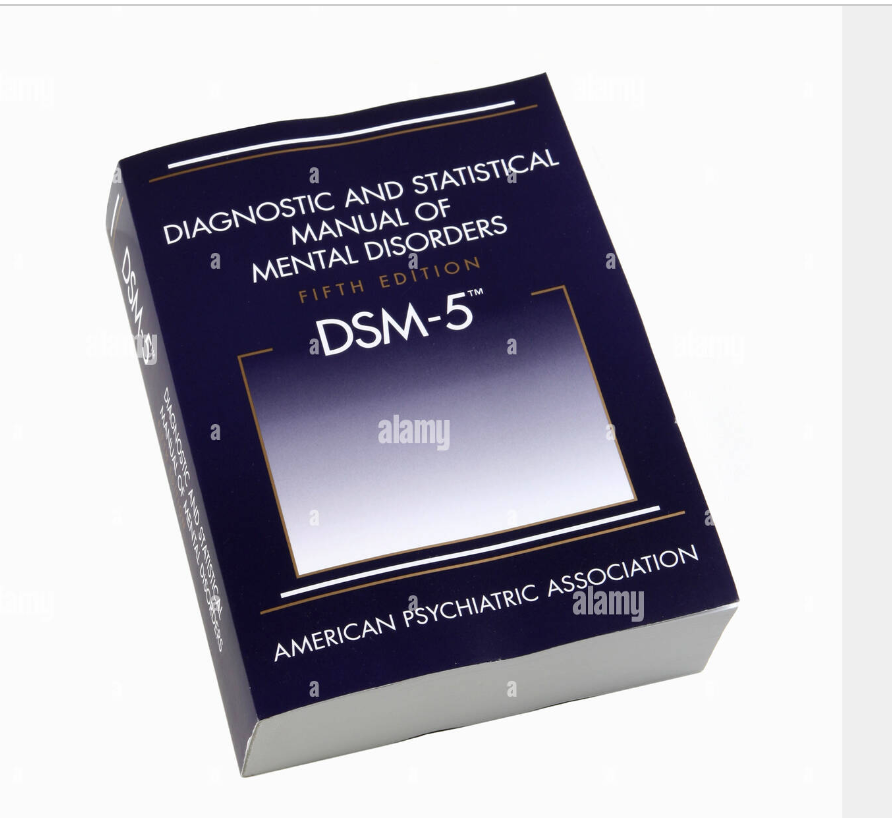Only one panellist supported aducanumab’s approval. Eight panellists, including Alexander, Emerson, and Kesselheim, voted no, while two others were uncertain of whether it warranted FDA approval.
At the time, committee members noted that results from the drug’s one large positive trial did not provide strong enough evidence of efficacy for treating AD.
Although early trials of the drug were promising, two phase 3 trials were discontinued for futility after an interim analysis. However, investigators later reported that further analysis from the EMERGE trial showed that the drug did, in fact, meet its primary endpoint of significant reduction in clinical cognitive decline.
Still, the majority of panel members did not believe this trial data was enough to support the drug’s approval and Alexander, Emerson, and Kesselheim note that nothing has changed in the interim.
“There is no persuasive evidence to support approval of aducanumab at this time,” they write in a Viewpoint published online March 30 in the Journal of the American Medical Association.
During the ongoing controversy, AD advocates such as the Alzheimer’s Association and US Against Alzheimers have thrown their support behind aducanumab, even though it mostly failed in clinical trials.





Leave A Comment